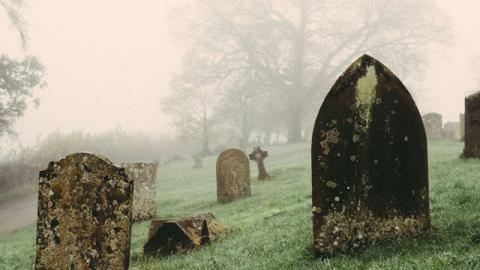
What Is All Saints' Day?
The still night in the fall stands out in my mind. My family was living in an area that was miles away from any blacktopped road in Guatemala, Central America. Our calendars showed a religious holiday called All Saints' Day. Unlike the American tradition of Halloween, there were no children carrying bags headed for trick-or-treating. Instead I stood in the starlit night in a cemetery stirring with activity.
Many of the local people had gathered at the cemetery for an all-night vigil at the graves of their family members. The gravestones and monuments were covered with food. The people brought food to eat, and alcohol to drink. After the celebration, they left some of the food and drink on the graves. This experience marked my introduction to the holiday of All Saints' Day. It was only the beginning of my learning about the origin of this holiday.
According to Microsoft Encarta's Online Encyclopedia, All Saints' Day, or Allhallows or Hallowmas, is a festival celebrated on November 1st in Roman Catholic, Anglican and Orthodox churches on the first Sunday after Pentecost. The celebration honors God and all of His saints—known and unknown.
The encyclopedia continues, "Pope Gregory IV gave the custom official authorization in 835. November 1 may have been chosen because it was the day of one of the four great festivals of the pagan nations of the north. It was church policy to supplant pagan with Christian observances."
Catherine Fournier, in her article about All Saints' Day, writes, "The feast day commemorates and celebrates all saints and martyrs who have no official feast day on the calendar, and who may only be known as saints to God and the angels. As such an old and popular feast, many cultures around the world developed special observances of the feast. The feast is used to honor family members who have died in the past year as well as the saints and martyrs. Traditional foods include dirge (soul) cakes, otherwise known as doughnuts, whose round ring shape symbolizes eternity. Apples are also popular food on this day, and apple dishes are common gifts on this day in some European countries."
Copyright © Terry Whalin, used with permission.



